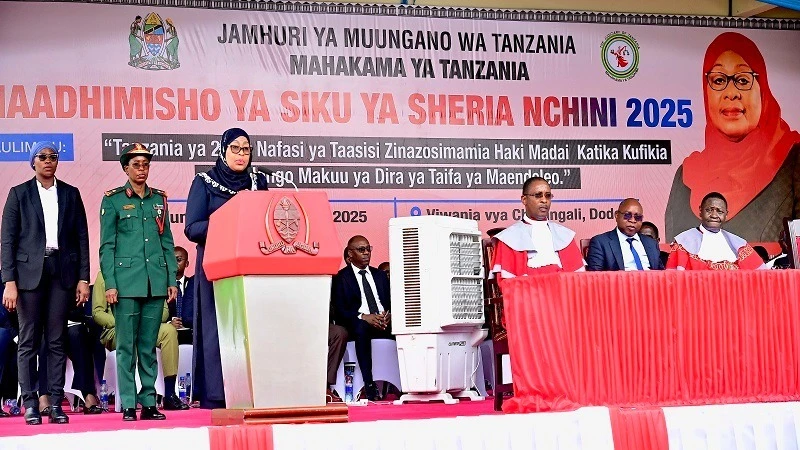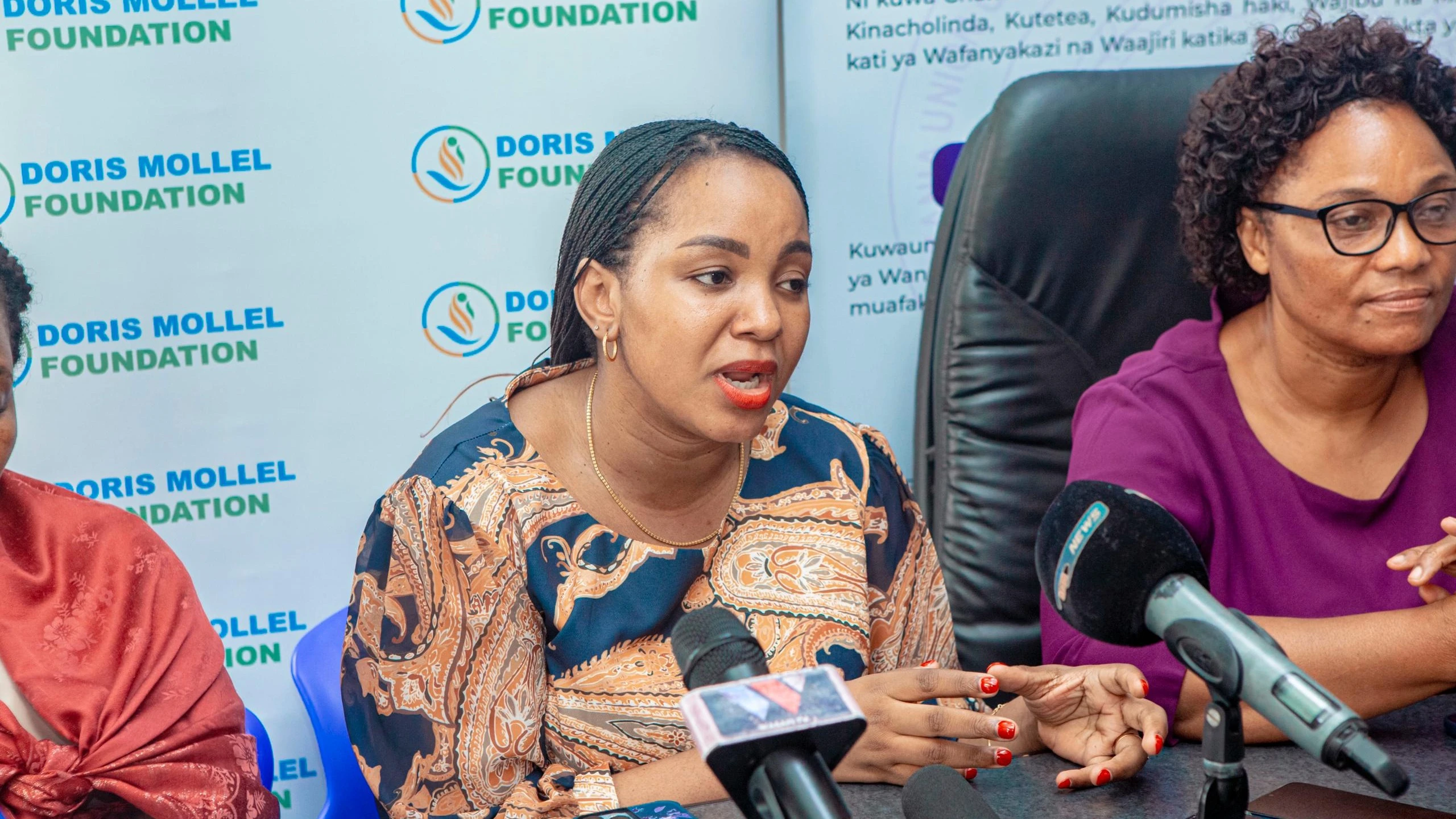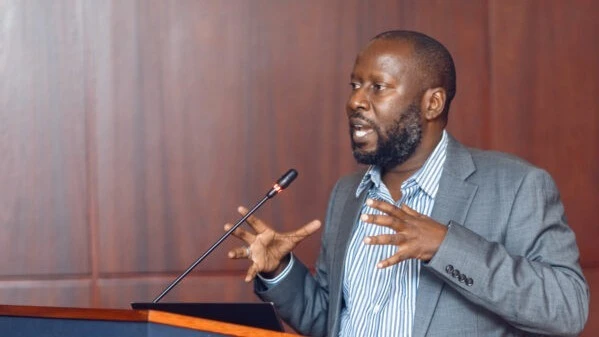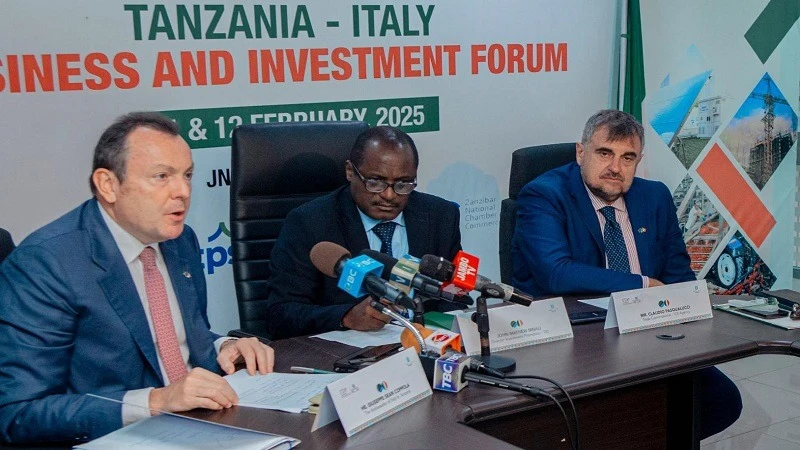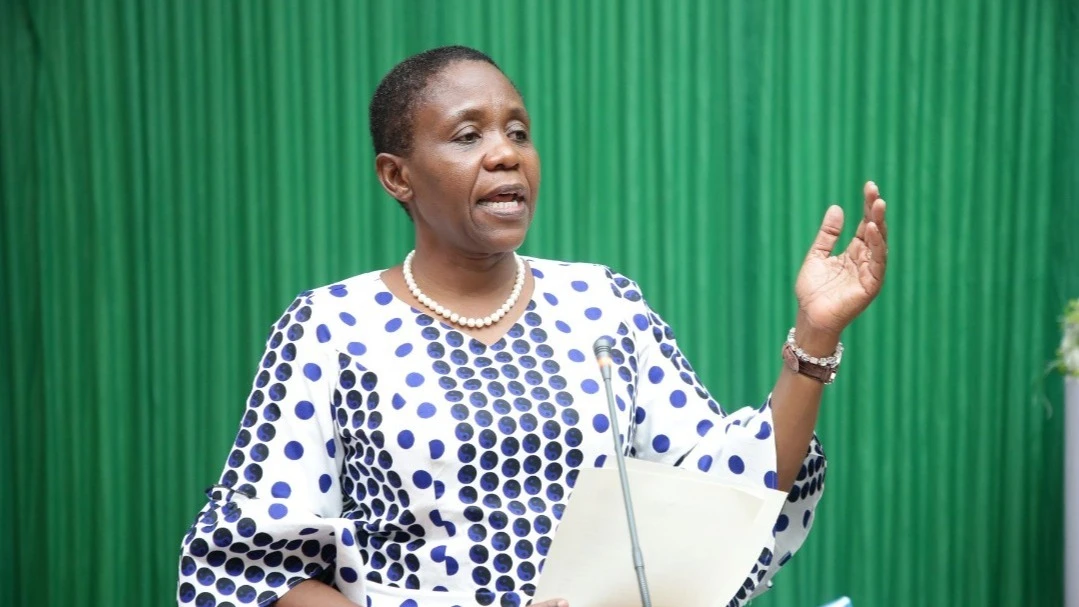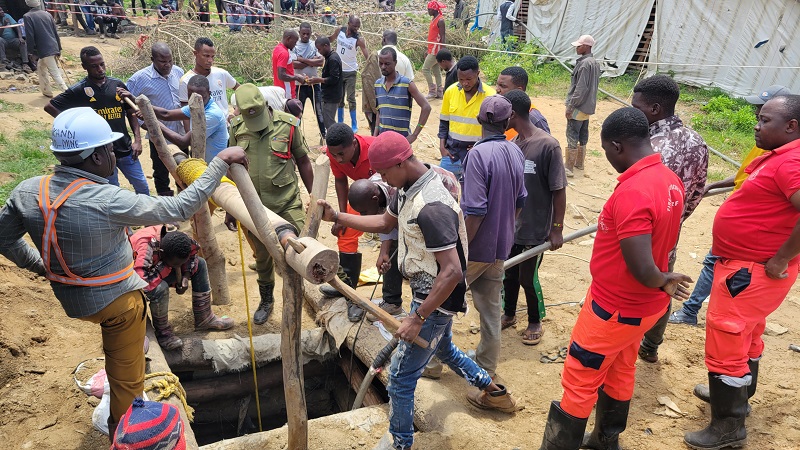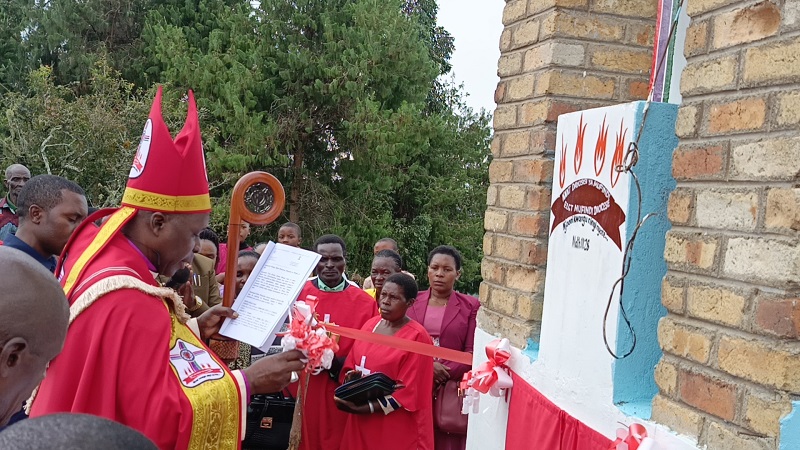Gains in longevity demands care for older persons

POPULATION aging is an inevitable and irreversible global demographic phenomenon, according to the United Nations Department of Social and Economic Affairs (DESA)
In its report titled ‘Leaving No One Behind in An Ageing World: Social Report 2023’, DESA suggests that the number of older persons globally is evolving rapidly, as it tripled from about 260 million in 1980 to 761 million in 2021. By 2030, older persons are projected to reach 1 billion, 1.6 billion in 2050, and by 2100, are projected to reach 2.5 billion.
Expounding on this demographic phenomenon, the DESA report says historically the number of older persons used to be smaller than younger age groups, but “as fertility rates drop during demographic transition, the shift in the age structure manifests initially as a swelling share of adults in the working and reproductive ages and falling proportions of children and the youth.” This ‘inverted pyramid’ with older persons than children and the youth demands adequate care and support for them.
Moreover, it says if fertility remains at lower levels, the population begins to age and eventually the share of older persons starts to rise. “Successive cohorts tend to live longer, increasing demands on younger generations as potential sources of assistance in old age,” it says.
It explains that children and older persons tend to rely on economically active adults for financial support and care. “Health and financial considerations as well as personal preferences influence the age at which people retire from the workforce and eventually become dependent,” it points out.
Thus, the report says: “Age 65 is generally the threshold for defining older persons, who are often net recipients of economic transfers through publicly funded pensions and healthcare.”
As regards spending on old age, the report says predictions of health and social care costs based on chronological age “tend to overestimate total financial expenditure, as most acute medical care costs occur in the final months of life with little additional impact from a person’s age at that time.”
In light of this, the report says, growing numbers and rising shares of older persons “are frequently considered a looming threat to public services, particularly healthcare and pensions.”
In another report titled “World Population Prospects 2024: Summary of Results” DESA says an upward trend in longevity among countries with populations likely to continue growing through 2054 calls for the need for 1) developing and strengthening healthcare and social protection systems, and 2) supporting national policies to create equitable, fair and inclusive societies for the people of all age groups.
This is because, according to the report, by the late 2070s, older persons aged 65 years and above are projected to reach 2.2 billion, surpassing the number of children aged below 18 years, while older persons aged 80 or above are projected to surpass the number of infants (1 year of age or less) by the mid-2030s and reach 265 million by then.
It recommends to countries with youthful populations preparing for a society with an age structure that will be very different, including long-term planning and foresight, acknowledging the time that will be required to establish such systems in countries where they do not yet exist.
What can be said is that we cannot prevent an inevitable and irreversible occurrence, but we can only learn how to cope with it, especially to engage in soul-searching on how to care for and support older persons. The human cycle starts with birth, youth, adulthood, old age and finishes with death.
These are stages of human life every person (young or old) passes through. With this in mind, there is no room for ageism and discrimination against older persons.
Older persons were at one stage of their lives younger and energetic and they cared for and supported the younger ones and those who were older than them. Now that they are advanced in age, they too need the care and support of those who are younger than them.
This is indicative of an interdependent or symbiotic relationship existing with each age group. This aspect is emphatic in a protocol to the African Charter on Human and People’s Rights on the Rights of Older Persons in Africa.
Article 2(2) of the protocol provides that States Parties shall ensure that the 1991 United Nations Principles of Independence, Dignity, Self-fulfilment, Participation and Care of Older Persons are included in their national laws and are legally binding as the basis for ensuring their rights.
As regards protection against discrimination in employment, Article 6 provides that States Parties shall (1) take measures to eliminate workplace discrimination against older persons with regard to access to employment, taking into consideration occupational requirements, and (2) ensure appropriate work opportunities for older persons taking into account to their medical and physical abilities, skills and experience.
As regards social protection, Article 7 provides tha t States Parties shall: (1) develop policies and legislation that ensure that older persons who retire from their employment are provided with adequate pensions and other forms of social security.
As regards access to health services, Article 15 provides that States Parties shall: (1) guarantee the rights of older persons to access health services that meet their specific needs, (2) take reasonable measures to facilitate access to health services and medical insurance cover for older persons within available resources, and (3) ensure the inclusion of geriatrics [a branch of medicine dealing with the diseases and care of older persons] and gerontology [the scientific study of old age and the process of growing old] in the training of healthcare personnel.
Protocol to the African Charter on Human and People’s Rights on the Rights of Older Persons in Africa was adopted in Addis Ababa on January 31, 2016.
DESA attributes longevity of the average human lifespan to improvements in public health, nutrition, personal hygiene and medicine, and one of the achievements of socioeconomic development.
Top Headlines
© 2025 IPPMEDIA.COM. ALL RIGHTS RESERVED













